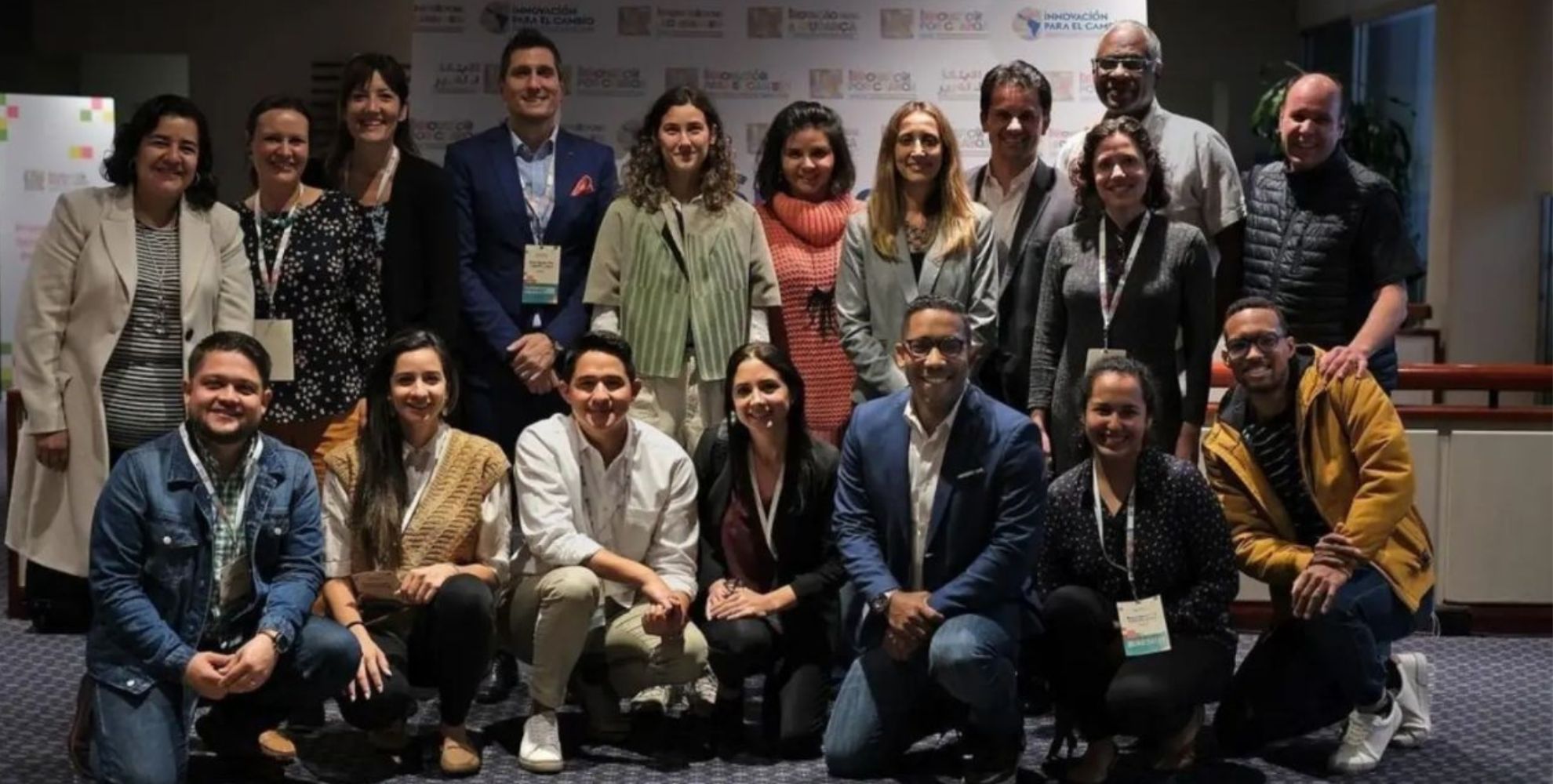
IRR 2022: brave spaces for collective action
The Inter-Regional Retreat (IRR) is Innovation for Change’s main annual global event and is a central component of the network’s efforts. This is because the main objective is to nurture a global network of activists and civil society organizations (CSOs) working together to support, strengthen and sustain civil society, especially organizations working in closed spaces or in closure.
The event has been held twice since 2017 and brings together about 100 network members from different countries. Participants are selected or nominated by the hubs, due to their previous participation in regional hub planning, training workshops, network strengthening and inter-regional exchange. It is a place where regional hub incubators, grassroots staff and members meet and learn from each other to improve their work in the future and contribute to the strengthening of civic space in their regions, as well as coordinate and leverage innovative activities across regions.
This is the fifth retreat of the I4C network and the first after having gone through a pandemic that, among other things, has caused face-to-face meetings to go virtual. For this reason, the meeting harbored great expectations and eagerness to join hands in this collaborative effort to defend and strengthen civic space and overcome restrictions on our fundamental freedoms of assembly, association and expression.
The meeting was held in Quito (Ecuador), where the host organization, Faro, a center for research and collective action, is located. Together with the I4C Latin America and Caribbean hub, a welcome and invitation was extended to enjoy five days of collective design/creation, exchanges and encounters that will help us strengthen the network, explore challenges and opportunities for social change and build sustainable solutions.
In addition, it was composed of a global network of people and organizations that want to connect, partner and learn together to defend and strengthen civic space, as well as overcome restrictions to basic freedoms of assembly, association and expression. The focus was on ideas, methods and technologies in different sectors: advocacy, research, networking, education and training, fundraising, literacy and digital development.
Innovation for Change is working to implement innovative ways to combat civic space constraints around the world, focusing on five pillars, one of which is sustainability. In congruence with the latter, to generate the least environmental impact, unnecessary records were not printed at the event, digital media was prioritized, and what printing was necessary, if any, was done on reusable, eco-friendly materials.
The event had an extensive agenda with different topics, including: the power of the people in the world, reflections and discussion spaces, inclusion of vulnerable groups. In addition, topics such as environment, sustainability and future projects were also discussed. It turned out to be a great opportunity for dialogue and debate on fundamental issues to think about the future to be built together.
We encourage, then, to continue working for the change we want!

